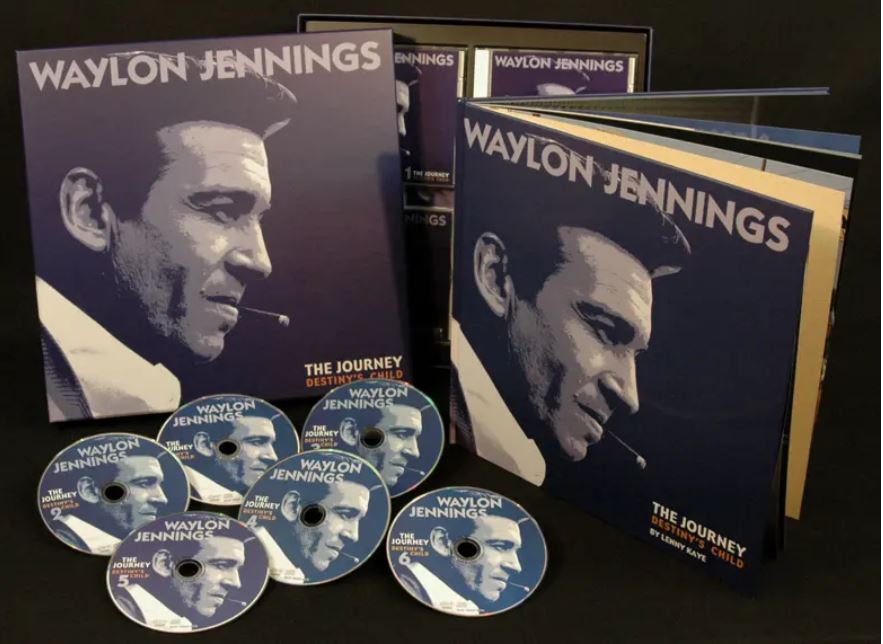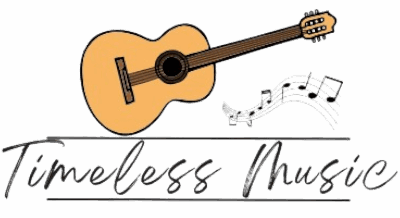
Waylon Jennings remains an iconic figure in country music, and his song “Green River” stands as a defining moment in his early career. A track that seamlessly bridges the gap between traditional country and the outlaw movement, “Green River” offers listeners a deep glimpse into Jennings’ evolving artistry, showcasing his lyrical depth, vocal richness, and masterful storytelling. This article explores the historical context, musical composition, lyrical analysis, cultural significance, and enduring legacy of Waylon Jennings’ Green River, providing a comprehensive look at why this song continues to resonate with country music fans worldwide.
The Historical Context of Green River
In the mid-1960s, Nashville’s country music scene was dominated by polished, orchestrated productions. Jennings, however, was drawn to a more authentic and raw sound. The release of “Green River” in 1966 coincided with his starring role in the film Nashville Rebel, which depicted the life of a musician challenging the norms of the Nashville music establishment. This context is crucial for understanding the song’s resonance: it reflects Jennings’ early rebellion against the constraints of mainstream country music while hinting at the outlaw persona he would later fully embrace.
“Green River” was written and performed with an intimate, understated approach that contrasted sharply with the heavily produced tracks dominating the charts at the time. By focusing on emotional delivery, Jennings showcased his ability to convey vulnerability, longing, and introspection, setting him apart from his contemporaries and paving the way for his future successes.
Musical Composition and Style
Green River is a masterclass in minimalistic yet emotionally potent country music. The song’s arrangement is simple, typically featuring Jennings’ deep, resonant vocals accompanied by acoustic guitar. This stripped-down approach allows the lyrics and emotional resonance to take center stage. The melody carries a melancholic undertone, characterized by flowing chord progressions that mirror the imagery of a river—continuous, reflective, and gently moving through the landscape of memory and longing.
One of the remarkable aspects of “Green River” is its seamless blend of traditional country elements with subtle hints of the outlaw style that Jennings would later popularize. The song employs storytelling as its core, using vivid imagery and metaphors to create a narrative that listeners can emotionally connect with. This combination of lyrical depth and musical simplicity makes “Green River” timeless, appealing to both purists and new listeners discovering Jennings’ early catalog.
Lyrical Analysis and Thematic Depth
The lyrics of “Green River” are deceptively simple yet deeply evocative. Jennings sings of returning to a symbolic river, evoking themes of nostalgia, reflection, and the passage of time. Lines such as “Green River, I’ve come back to you…” capture a universal longing for familiarity and peace while acknowledging the inevitability of change.
The song’s narrative is anchored in emotional realism. Jennings does not romanticize the past; instead, he presents it as a living, breathing element of his personal and artistic journey. Each verse builds on the previous, painting a picture of an individual caught between the innocence of earlier days and the realities of adulthood. This lyrical sophistication demonstrates Jennings’ early mastery of country storytelling, a skill that would become a hallmark of his career.
Green River in Nashville Rebel
“Green River” was prominently featured in the film Nashville Rebel, where Jennings’ performance further solidified the song’s impact. In the movie, the song is performed with minimal instrumentation, emphasizing Jennings’ vocal strength and the song’s emotional weight. The cinematic context adds another layer of meaning, as viewers witness the convergence of narrative, performance, and music.
The film allowed Jennings to convey not only his musical talent but also his persona as a musician striving for authenticity in a commercialized industry. Green River becomes more than a song—it is a statement of identity, showcasing Jennings’ commitment to expressing genuine emotion rather than adhering to formulaic country conventions.
Cultural Significance and Influence
Green River occupies a unique place in the evolution of country music. While it predates Jennings’ full outlaw persona, the song foreshadows the themes of independence, introspection, and defiance that would define his later works. It influenced subsequent artists who sought to blend personal storytelling with traditional country sounds, demonstrating that emotional authenticity could coexist with commercial success.
The song also contributed to the gradual reshaping of Nashville’s musical landscape. By presenting a raw and intimate style, Jennings challenged other artists and producers to consider alternative approaches to country music, paving the way for the outlaw movement of the 1970s, which would later include legends like Willie Nelson, Kris Kristofferson, and Johnny Cash.
The Enduring Legacy of Green River
Decades after its release, “Green River” continues to captivate audiences. Its appeal lies in the combination of lyrical sophistication, haunting melody, and Jennings’ signature vocal delivery. The song serves as a touchstone for fans of classic country, offering a glimpse into the formative years of an artist who would go on to define a genre.
Collectors and enthusiasts often highlight “Green River” as an essential track within Jennings’ discography. Its influence can be seen in modern country artists who prioritize storytelling and emotional depth over commercial polish. The song’s timeless quality ensures that it remains relevant, bridging generations of listeners and maintaining its status as a cornerstone of American country music.
Why Every Country Music Fan Should Listen to Green River
Listening to Waylon Jennings’ Green River is not just an auditory experience; it is an immersion into the heart of country music history. The track captures the essence of a pivotal moment in Jennings’ career, where artistry and authenticity began to redefine Nashville’s sound. Fans of storytelling, lyrical depth, and emotional resonance will find Green River to be a masterful example of how music can convey both personal and universal themes.
Moreover, the song highlights Jennings’ ability to balance simplicity with complexity. The straightforward instrumentation allows the vocals and lyrics to shine, while the underlying musical composition enriches the narrative. For both new listeners and seasoned fans, Green River offers an unparalleled listening experience that continues to inspire and move audiences around the world.
Conclusion
Waylon Jennings’ Green River is more than a song; it is a testament to the enduring power of authentic country music. From its historical context in Nashville Rebel to its lyrical sophistication, haunting melody, and cultural significance, Green River captures the essence of a young artist at the crossroads of tradition and innovation. It stands as a timeless piece that resonates across generations, embodying the spirit of an outlaw while honoring the roots of country music.
🎵 Experience the legacy of Waylon Jennings today. Listen to “Green River” and discover why this classic continues to define the essence of true country music.
